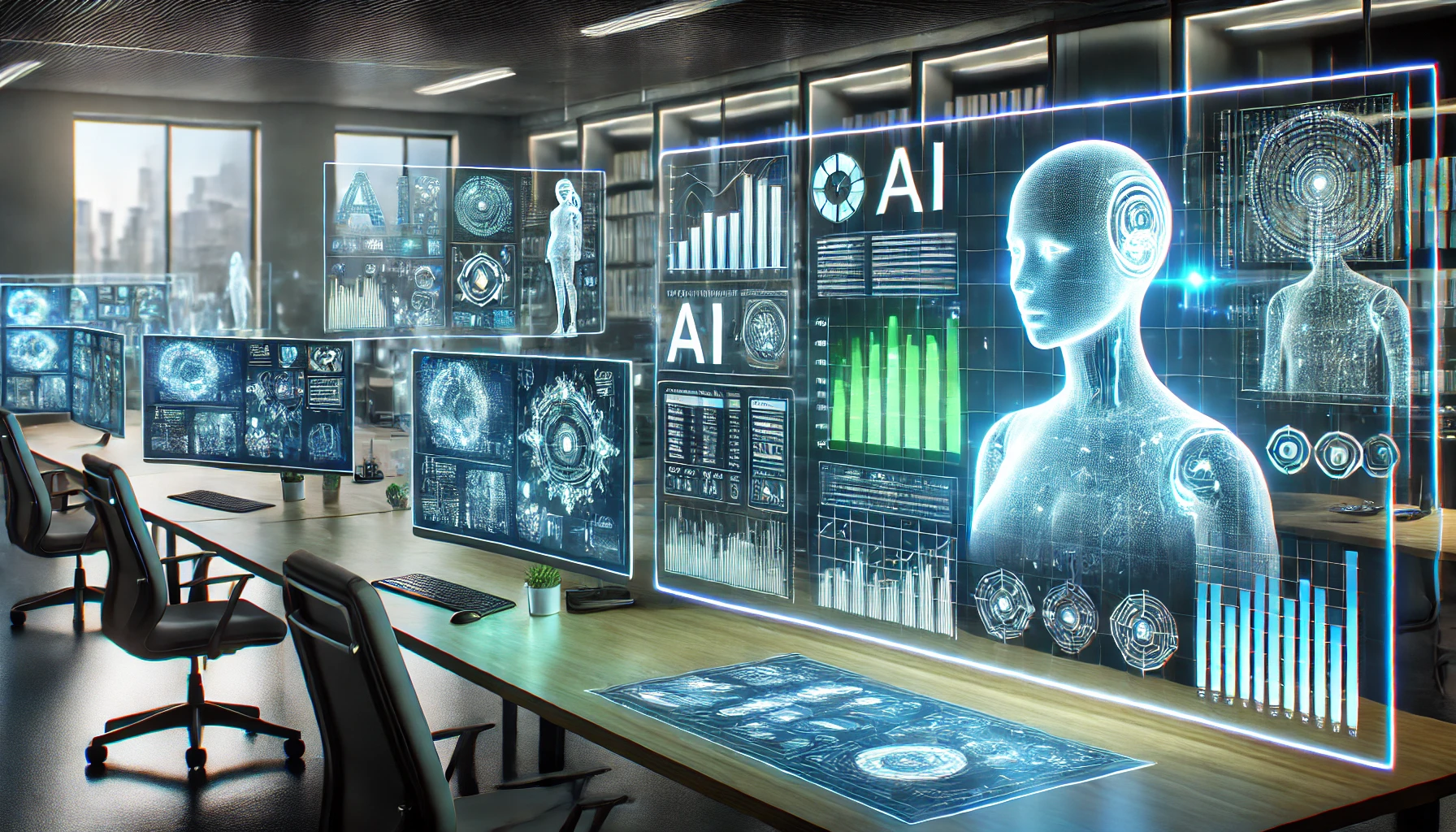Another year brings the technology to a new level, and I have a strong feeling that 2025 will be the year of AI agents.
Yes, humans will increasingly be replaced by AI agents for tasks that are repetitive, tedious, and time consuming tasks that AI can perform faster and more accurately than humans.
However, this doesn’t mean humans will become obsolete. Instead, our roles will evolve. AI agents excel at handling mundane and data driven tasks, but they still rely on human oversight, logic, and creativity to ensure the outcomes align with broader goals.
For instance, AI agents can automate processes such as market research, data entry, or customer profiling.
Imagine an AI agent scraping data from multiple online sources, organizing it into a detailed report, and presenting it in an Excel spreadsheet.
Another AI agent could then use this information to generate content or actionable insights. In such cases, the human role shifts from performing the tasks to reviewing, approving, and refining the AI’s output.
This collaborative workflow not only saves time but also ensures better accuracy and decision making, leveraging human judgment alongside AI efficiency.
If you’re not familiar with AI agents, they are essentially tools that perform tasks on your behalf, eliminating the need for manual computer work. While AI agent services already exist, I believe this year platforms like GPT, Claude, and Google will integrate AI agents directly into their ecosystems, reducing the need for third-party tools.
For example, once equipped with the necessary data, an AI agent could log into your Facebook account, contact an individual via Messenger, and converse with them naturally, using personalized information like, “I saw your photo” or “I noticed you enjoy [hobby].” The agent could then leverage marketing frameworks, such as PAS (Problem-Agitate-Solution), to subtly guide the conversation toward persuading them, or their friends to invest in your product.
However, while the AI agent handles these interactions, the human role involves setting ethical boundaries, designing marketing strategies, and ensuring compliance with privacy laws.
In the short term, AI agents will thrive in areas where logic, structure, and repetitive processes dominate. Humans, meanwhile, will continue to excel in roles requiring empathy, creativity, ethical reasoning, and abstract thinking.
For example, AI cannot yet conceptualize innovative business strategies, empathize with customers on a deep level, or make moral decisions in complex scenarios. While it’s true that AI might eventually develop these capabilities, for now, human input remains essential in bridging the gap between what AI can do and what it cannot.
This shift in responsibilities doesn’t signal a loss for humanity, rather, it opens the door to new opportunities. With AI taking over repetitive tasks, humans will have more time to focus on strategic thinking, creative endeavors, and roles that require emotional intelligence.
Jobs will evolve to include positions like “AI Strategist,” “Ethical AI Consultant,” or “Human-AI Collaboration Specialist.”
These capabilities already exist through third-party tools, but I believe companies like ChatGPT, Claude, and Gemini will integrate AI agent functionalities directly into their platforms this year.
Don’t be afraid to embrace this technology! Use these tools to improve your business while genuinely helping your customers.
P.S. Of course, there will always be individuals who misuse AI agents for selfish or deceptive purposes. As with any new technology, there are both positive and negative aspects, often driven by the intentions of those who use it.
Keep pushing forward, adapt to the changes, and don’t give up!
The future is not about humans versus AI but humans working alongside AI to achieve incredible things.
And yes, as i mentioned in other blog post, in 15-20 years, things will be very different from the tools we have available right now!
I’m absolutely certain that we will mostly use voice commands to interact with screens, along with whatever visual technology (like holograms) is available by then. We will communicate with our devices through voice commands without needing to use a keyboard!
In the meantime, use the technology and get familiar with it.
Don’t worry too much about what will happen in the next 15-20 years. If you stay up-to-date with current technology and keep learning as new things come along, you’ll have a huge advantage and won’t be left behind.
To your success!
Marius

